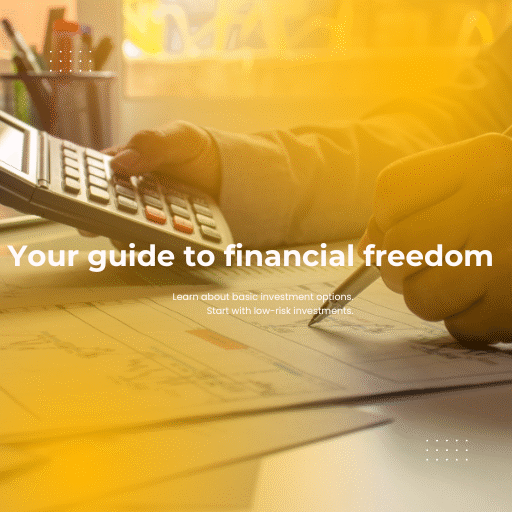Debt can sometimes feel like a heavy burden on our shoulders, affecting our financial health and well-being. It’s easy to fall into common debt traps without even realizing it. However, there are ways to avoid these traps and manage your finances more effectively. Here are some essential tips to help you steer clear of common debt pitfalls.
Firstly, it’s crucial to create a realistic budget and stick to it. By tracking your income and expenses, you can identify areas where you can cut back and save money. This will prevent you from overspending and accumulating unnecessary debt.
Secondly, avoid relying on credit cards for everyday expenses. While credit cards can be convenient, they can also lead to high-interest debt if not used responsibly. Try to use cash or debit cards for your daily purchases to stay within your budget.
Furthermore, be cautious of taking out loans for non-essential items. It’s important to differentiate between wants and needs when considering borrowing money. Taking on debt for luxury items can quickly spiral out of control and lead to financial strain.
In addition, always pay your bills on time to avoid late fees and penalties. Late payments not only add to your debt but can also harm your credit score, making it harder to secure favorable terms on future loans.
Moreover, prioritize paying off high-interest debt first. By tackling debts with the highest interest rates, you can save money in the long run and free up funds to address other financial goals.
Another helpful tip is to build an emergency fund to cover unexpected expenses. Having savings set aside can prevent you from resorting to credit cards or loans in times of crisis.
Additionally, communicate with your creditors if you’re facing financial difficulties. Many lenders offer hardship programs that can help you manage your debt more effectively, such as lower interest rates or extended repayment terms.
It’s also wise to avoid co-signing loans for others, as it can put your own financial well-being at risk. Co-signing makes you equally responsible for the debt, so only do so if you’re fully prepared to take on that obligation.
Furthermore, educate yourself about personal finance and debt management. The more you understand about money matters, the better equipped you’ll be to make informed decisions and avoid common debt traps.
Consider seeking professional help if you’re struggling to manage your debt on your own. Financial advisors or credit counselors can provide guidance and support to help you get back on track.
Remember to regularly review your financial situation and adjust your budget as needed. Life circumstances change, so it’s important to adapt your financial plan accordingly to avoid falling into debt traps.
Lastly, practice self-discipline and avoid impulsive purchases. Take the time to think through your buying decisions and distinguish between genuine needs and fleeting wants.
By following these tips and staying vigilant about your finances, you can sidestep common debt traps and pave the way for a more secure financial future. Managing debt effectively is key to achieving financial stability and peace of mind.



